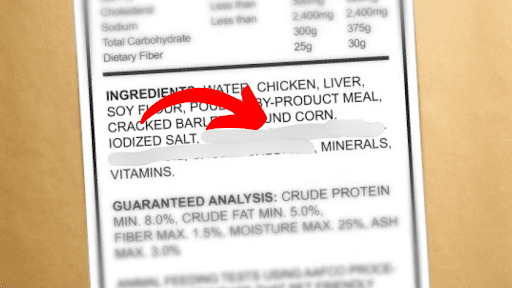Why I don't prescribe Ozempic for insulin resistance
During the Dr. B Tuesday Night Live session, an insightful discussion unfolds on why Obesity Intervention Compounds (OIC) are not prescribed for individuals battling insulin resistance. Common assumptions hold that OIC manipulates hormones resulting in weight loss for everyone. However, those with significant insulin resistance may not find the expected results through medication alone.
The narrative follows Rebecca, a long-term patient struggling with intense insulin resistance that began affecting her as early as her teenage years. Despite trying various methods, like weight loss surgery via lap band, Rebecca found weight loss elusive, primarily because her insulin resistance persisted.
At age 50, with considerable weight concerns, Rebecca was prescribed OIC. However, after 12 weeks, not a single pound was shed. It wasn't until joining a tailored program focusing on insulin management and lifestyle changes that significant improvements in her health markers, including a largely improved blood sugar level without reliance on medication like OIC, were observed.
The conversations informed by Rebecca's case underscore the science of engaging and monitoring personal data. Patients measure their blood sugar and ketone levels using at-home devices to track progress continuously. Achieving a Dr. Boss Ratio (an equation balancing blood sugar against ketone levels) under 100 is vital for witnessing effective weight loss outcomes, supporting the result seen in patients like Rebecca.
Despite certain improvements OIC brings, such as appetite suppression and altered pleasure from food, they are overshadowed by the drug's capacity to derail natural insulin response even further by causing side effects like biking up insulin production. Most crucially, for someone with Rebecca's physiology, it leads to losing not just fat but much valuable muscle mass, thereby harming overall metabolic stability.
Rebecca’s courage and progress were shared in a community classroom setting as part of Dr. B's program, where the essence of peer support played a crucial role. This communal experience, combined with curated dietary strategies and an educational approach, has produced life-altering outcomes quicker than any pharmaceutical intervention could. Lessons concerning perseverance, chronological nutrition adjustments, and tutorial guidance proved transformative for long-term health benefits.
Rebecca's journey evidences that sensitive hormonal balance finely tuned through lifestyle adjustments surpasses outcomes anticipated through swift weight loss medicines.
From Around The Web
Wellness Inbox is a blog & weekly newsletter that curates trending news and products related to health and wellness from around the web. We also gather content from various sources, including leading health professionals, and deliver it directly to you.
Please note that we may receive compensation if you purchase any products featured in our newsletter. Wellness Inbox is not affiliated with, nor does it endorse, any health professionals whose content may appear in our newsletter. The information provided is for general informational purposes only and should not be considered medical advice.
The information provided is not intended to replace professional medical advice, diagnosis, or treatment. All content, including text, graphics, images, and information available is for general informational purposes only. We do not guarantee the accuracy or completeness of any information presented and assume no liability for any errors or omissions. The content is subject to change without notice. We encourage you to verify any information with other reliable sources and consult your physician regarding any medical conditions or treatments.







